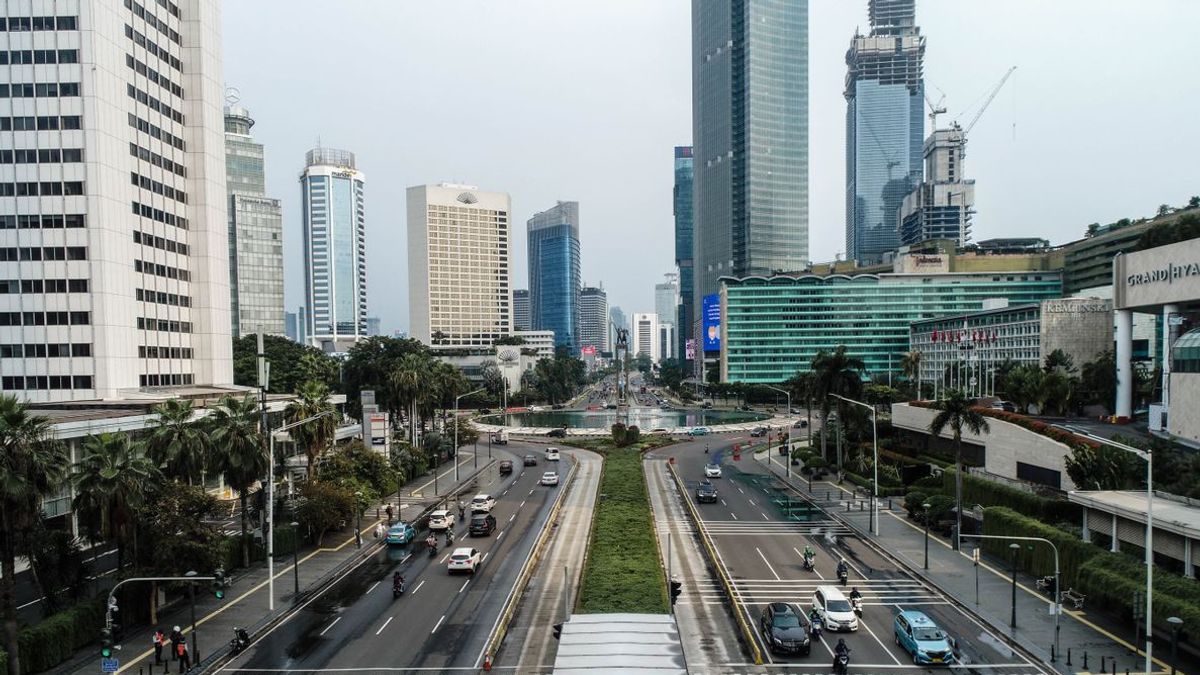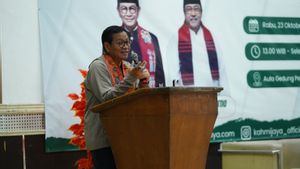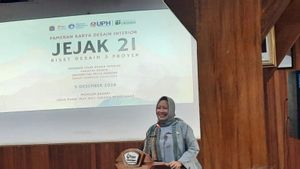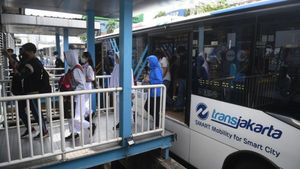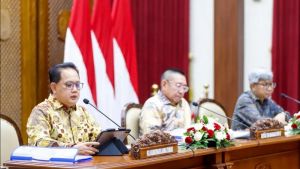JAKARTA - Coordinating Minister for Maritime Affairs and Investment Luhut Binsar Pandjaitan said that tightening mobility would be the last option the government would choose in an effort to anticipate the surge in Omicron cases in Indonesia.
The Java-Bali PPKM coordinator emphasized that the enforcement of health protocols and acceleration of vaccination would be the main strategies.
"The various steps taken are the enforcement of health protocols and, again, the acceleration of vaccination is very important. And we will use the mobility restriction as the last option to do," he said, quoted by Antara, Sunday, January 16.
Luhut ensured that the government would take various mitigation measures so that the increase in cases that occurred was more gentle than other countries, so that it would not burden the national health system.
The Deputy Chairperson of the Committee for Handling COVID-19 and National Economic Recovery (KPC PEN) appealed that office activities could be regulated so that there was no need for 100 percent WFO or working in an office.
"We urge you, if you don't need 100 percent at the office, you don't have to be 100 percent present. So just arrange it, see the situation, whether 75 percent is made for the next two weeks, it can be assessed by each office. Especially the office. In terms of industry, I think there is no problem," he said.
Luhut said based on the monitoring of COVID-19 cases in South Africa, the peak of the omicron wave in Indonesia is estimated to occur in mid-February to early March 2022.
"I repeat, from the results of the trajectory of COVID-19 cases in South Africa, the peak of the omicron wave is expected to occur in mid-February to early March," he said.
The English, Chinese, Japanese, Arabic, and French versions are automatically generated by the AI. So there may still be inaccuracies in translating, please always see Indonesian as our main language. (system supported by DigitalSiber.id)
